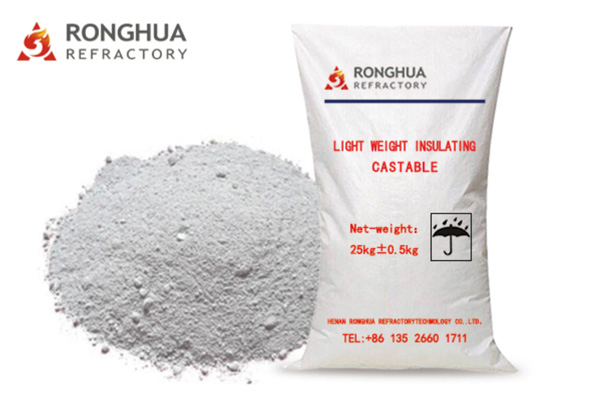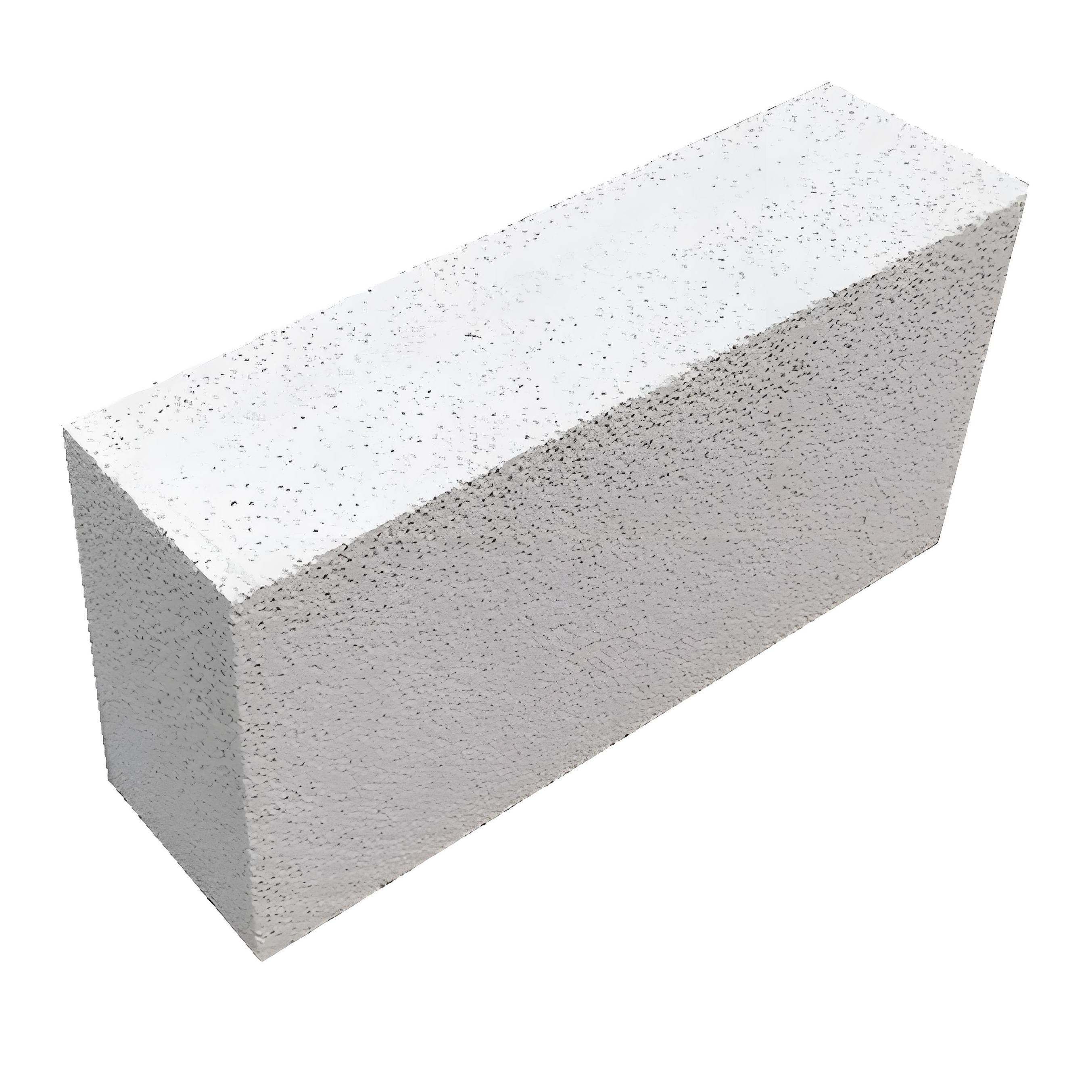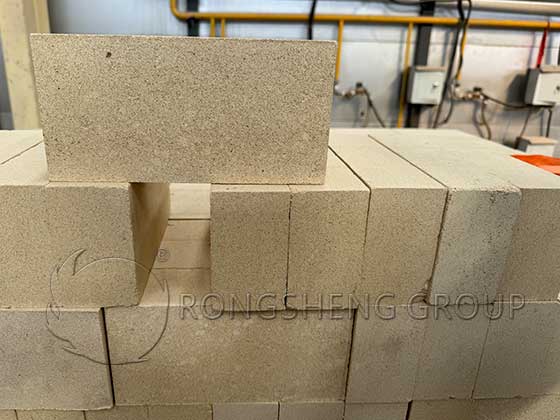
In a rapidly evolving industrial world where thermal efficiency can make or break operational costs, customized lightweight refractory clay insulation bricks emerge as critical enablers for enhancing high-temperature system performance. Zhengzhou Rongsheng, a seasoned high-tech enterprise with over a decade of expertise and international certifications, pioneers in delivering solutions that address unique client specifications in size, thermal conductivity, and durability. This article delves into how well-engineered customization drives energy saving, equipment stability, and operational longevity across industries such as glass manufacturing and cement production.
The cornerstone of Zhengzhou Rongsheng’s customized refractory bricks lies in controlling raw material composition—particularly the aluminum oxide (Al2O3) content—and leveraging advanced high-temperature firing processes exceeding 1300°C. This meticulous control yields bricks with optimized pore structure and thermochemical stability, essential for enduring harsh kiln environments. Clients specify dimensions with millimeter precision and performance parameters tailored to their operational pressures, temperature profiles, and chemical exposure.
“After switching to Rongsheng’s customized bricks, our glass kiln's energy consumption dropped by 12% with enhanced thermal insulation—this has stabilized our production consistency significantly.” – A leading European glass plant manager.

Glass Kiln Application: Collaborating with a major European glass manufacturer, Rongsheng produced bricks precisely tailored to a multidimensional kiln profile measuring 500mm x 300mm x 100mm, incorporating low thermal conductivity (≤0.18 W/m·K at 800°C) to minimize heat loss. The result was a 10% reduction in fuel usage and extended refractory life by 20%, verified over a 12-month operational span.
Cement Kiln Project: For a Southeast Asian cement plant facing aggressive chemical wear, a customized formulation with enhanced alumina content (up to 48%) and reinforced mechanical strength (≥20 MPa compressive) was delivered. Customized brick sizes ensured seamless replacement with minimal downtime, achieving both operational continuity and energy efficiency.

| Criteria | Customized Bricks | Standard Bricks |
|---|---|---|
| Thermal Conductivity (W/m·K at 800°C) | ≤0.18 | 0.25–0.30 |
| Customized Dimensions | Available (±1mm tolerance) | Fixed standard sizes |
| Mechanical Strength (MPa) | ≥20 | ~15 |
| Chemical Resistance | Enhanced (via high alumina) | Standard |
| Energy Savings Potential | Up to 12% | Baseline |

By opting for customized refractory insulation bricks, industrial users gain a strategic advantage—achieving superior thermal performance and longevity while optimizing costs associated with energy consumption and maintenance downtime.











